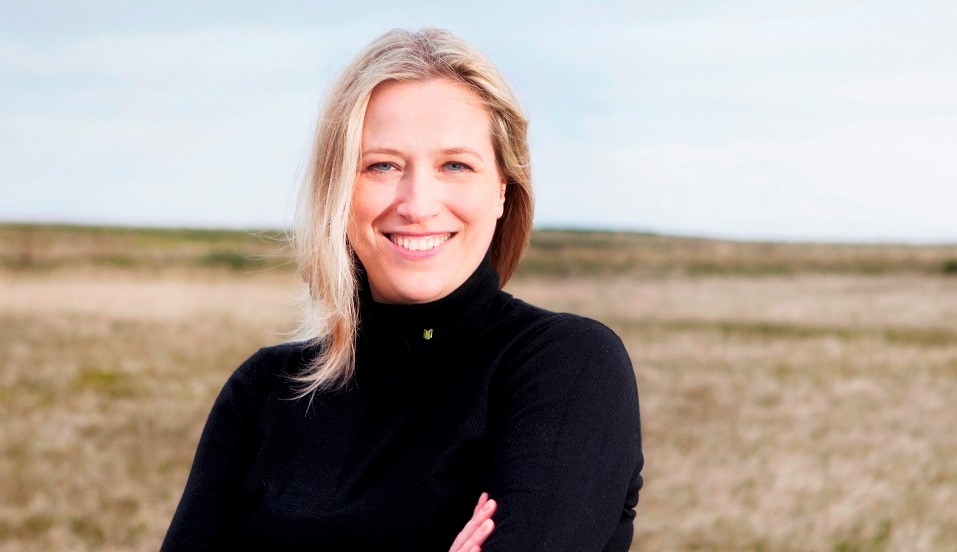Eygló Harðardóttir has been in her job for just a few days and is still learning how everything works. The new government ministers are facing difficult tasks. They are all young, most of them in their 40‘s and have not been members of Iceland’s parliament for very long. Eygló Harðardóttir became an MP only in 2008, but she is already Minister of Social Affairs. Gender equality is part of her brief.
Unequal gender distribution
Just three of the new government’s nine ministers are women. Many question the unequal gender distribution among the new ministers. The gender division in parliamentary committees is also very unequal.
But Eygló Harðardóttir is not particularly worried. Work to improve gender equality is always ongoing, both within the political parties and within parliament and the government. But that is not enough. She says politicians must always be on top of developments and safeguard an equal gender distribution.
Eygló Harðardóttir points out that the committees’ composition will change during the election period and that this could lead to more women members. She also points out that the government plans to appoint a tenth minister and that this could be a woman.
Demand for change
The minister also reckons voters’ demand for change is reflected in the choice of ministers. She points out that none of the ministers have held government positions before. They are also highly educated.
“The level of education within the government is higher than ever before. Many ministers have also studied abroad for longer or shorter periods of time,” she says, and believes the new government is open to new ideas.
“We are young and dare to try new things, but what this will lead to is naturally something only the future can tell,” she continues.
Uneasy labour market
Many Icelanders are expecting wage increases when new collective agreements are negotiated this autumn. Icelandic workers have seen their salaries fall in recent years, as only the lowest paid have had wage increases. The labour market could grow less secure, households want more of their debts written off than before and workers feel it is time wages increased in real terms.
The Minister of Social Affairs feels the Icelandic economy is still stagnant, that investments are at an historic low and that economic forecasts have not been met. She says the economy must be stimulated to make sure businesses begin to invest. But for families the largest change will come when some of their debts have been written off.
“The writing off of debt means the largest improvement in living standards,” says the minister.
“It is also important to reduce interest rates. That is probably more important than percentage increases in the collective agreement,” she continues.
The new government wants a good working relationship with the social partners. Eygló Harðardóttir is proud that the cooperation in Iceland’s labour market works so well, and says she has now asked for a meeting with the Icelandic Confederation of Labour (ASÍ) and the employers’ organisations.
Open, cooperative policy
Iceland’s new government will not continue negotiations on EU membership. Minister Eygló Harðardóttir says the country nevertheless will lead an open foreign policy aimed at cooperation. The government welcomes cooperation with all of the world’s countries, both with their Nordic neighbours and the major powers. The minister is convinced this will be reflected in the new strategy which is being planned at the foreign ministry and at the Prime Minister’s office.
A lot will happen in the Nordic areas in the coming years. Iceland sees Norway as a role model. The minister points out that Norway has decided to remain outside of the EU, and that the Norwegians have led a successful foreign policy, including successful peace negotiations.
“Iceland can lead an active foreign policy on the international arena on the same terms as Norway,” she reckons.
“Norway remains outside of the EU, but enjoys good cooperation with EFTA and other countries. This is something Iceland should strive to achieve,” she says.





